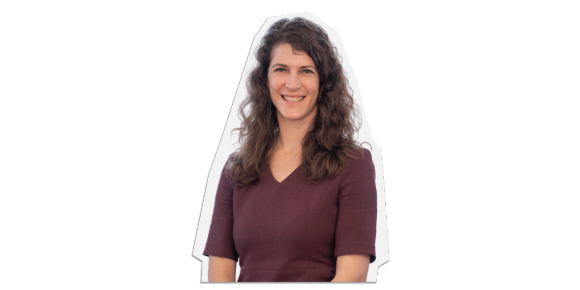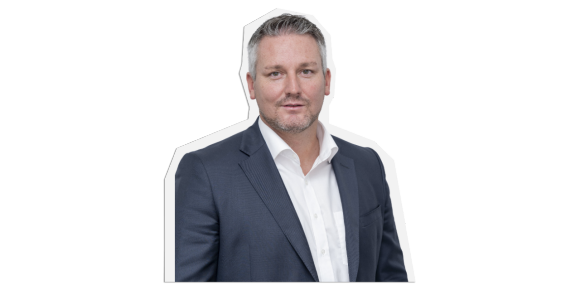Asset accumulation
Becoming an investor: the key considerations
If your assets are no longer exclusively tied up in your company, this opens up new opportunities. We share five tips on how you can prepare for your role as an investor in Switzerland.






